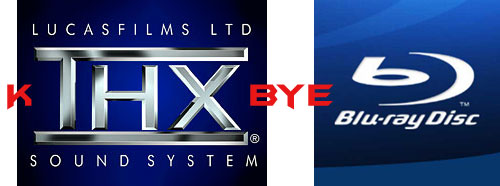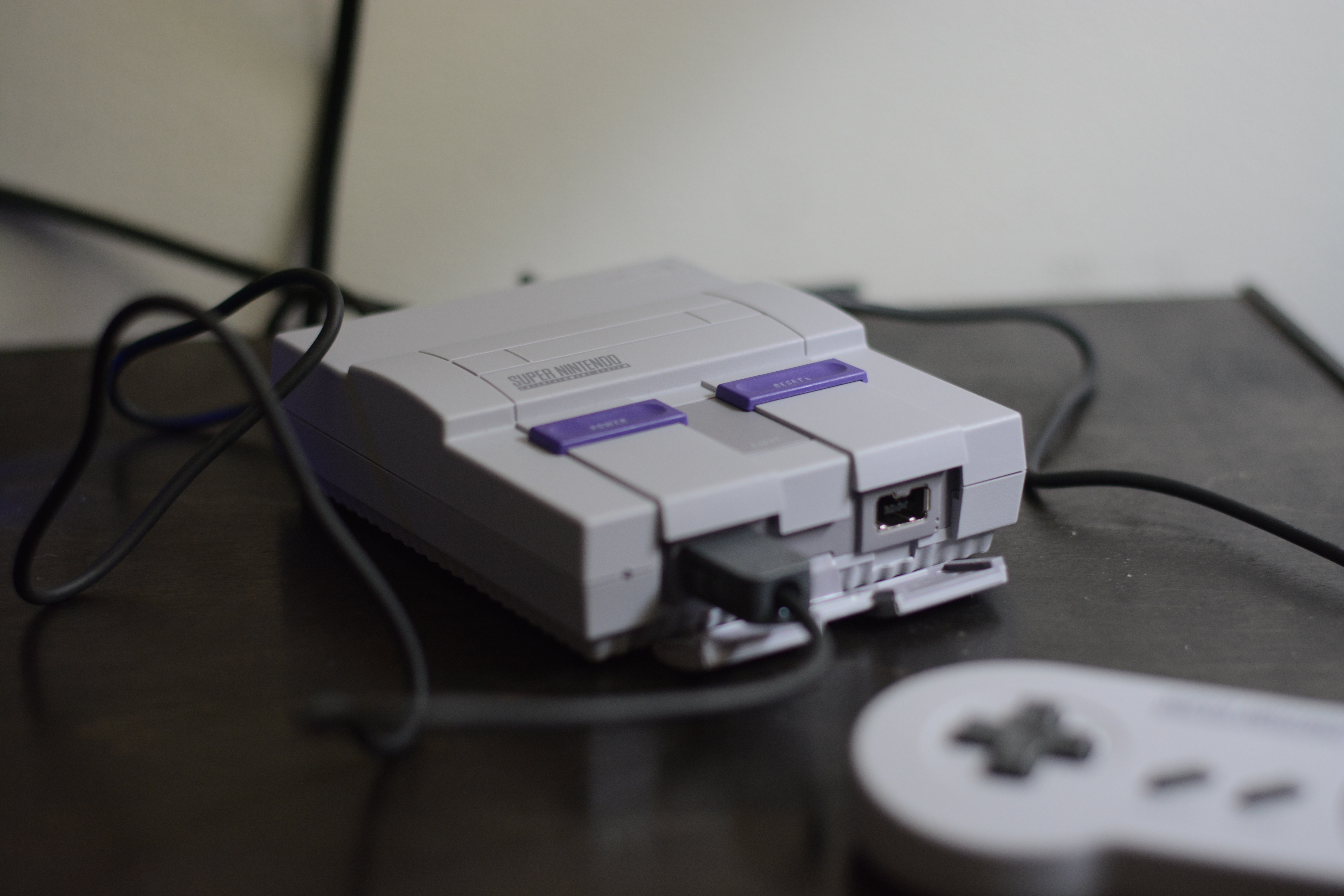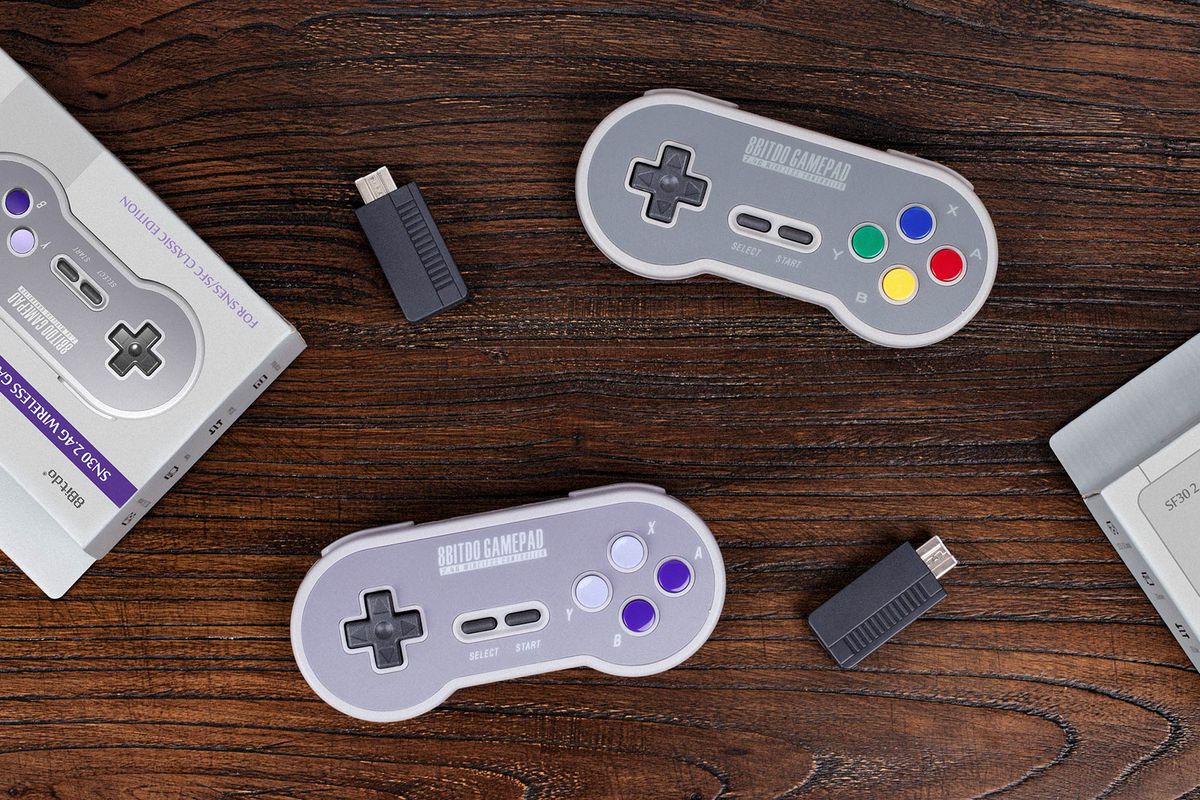
By Evan Ackerman
After all the uproar about HD DVD and Blu-ray, with Blu-ray claiming the final victory, you have to wonder what exactly the victory consisted of. According to Laurie Fincham, Chief Scientist at THX (the high-fidelity sound reproduction standard), “It’s too late for Blu-ray. We don’t really need another spinning format… I think consumers will only become interested in replacing DVD when HD movies become available on flash memory.”
I have not bought into any high definition disc system, nor do I plan to. Why not? Well, I never thought it was worth the expense or the hassle. The point that Fincham is making is that Blu-ray is just not enough of a step forward to really get the attention of the market. The transition from VCR tapes to DVDs made a lot of sense, if for no other reason than you can’t skip around a tape (plus they take up lots of space). But the difference between DVDs and Blu-ray discs is nowhere near so dramatic… You can just fit more stuff on ’em, the functionality isn’t materially changed.
The big deal, of course, is the high def resolution. At the moment, Blu-ray is the way to go if you want to watch a movie in 1080p. The problem, according to Fincham, is that the optical disc is relatively large, fragile, and expensive, and fixed media is definitely on the way out, even now. A dual layer Blu-ray disc holds 50gb of data. Sure, that’s a lot right now, but it won’t be a lot for long, as flash memory prices continue to decrease while capacities increase:
“In the future I want to be able to carry four to five movies around with me in a wallet, or walk into a store and have someone copy me a movie to a USB device. Stores will like that idea, because it’s all about having zero inventory. I don’t want to take up shelf space with dozens of HD movies “By the time Blu-ray really finds a mass market, we will have 128GB cards. I would guess that getting studios to supply movies on media cards, or offer downloads, will be a lot easier than getting them to sign up to support a disc format.”
Fincham doesn’t touch on the issue of streaming HD content over the internet, which I think is probably the biggest long-term threat to the Blu-ray format… But either way, since I can’t actually afford an HD TV, much less a Blu-ray player or discs, I’m just gonna stick with my DVDs, thank you very much.





I wish it were the case. The whole idea of single purpose physical formats is an anachronism in the digital age.
That said, there is a problem with distributing movies on flash: I/O bandwidth, not capacity. 32GB flash cards are already available, if expensive, but the best cards have write capacity in the low tens of megabytes per second. A 10MBps card would take almost an hour and half to transfer a 50GB movie. People sometimes hand over their film or memory cards at the photo counter to process and/or print while they are shopping, but the delay would certainly put a crimp on mass-market adoption.
There are ways to deal with the problem. For starters, DVDs or Blu-Ray contain a lot of redundancy: multiple soundtracks in various formats and languages, extras, and so on, that could be stripped if a hypothetical machine knows the capabilities of the target device. Flash write speeds will improve, driven by the emegrence of SSDs as hard drive replacements, but there is still quite a ways to go.
Sounds like Laurie doesn’t really understand the retail market, consumer purchasing behaviour, or the technical aspects of DRM and digital distribution. If she did, she wouldn’t propose a mechanisms that (1) is far more expensive than disc distribution (2) is technically unsuitable (as Fazal mentions) (3) has nothing to do with zero inventory (Blu-Ray discs could be burned on site the same way flash memory could be written) and (4) does not address consumer behaviours such as browsing, impulse purchasing, lending, collecting, etc. Finally, the idea that retail desires a zero-inventory model is fallacious… if they truly achieved a zero inventory model, there would be no reason to go to their store. You would just buy online and they’d cease to exist. Blu-Ray will be successful for the next decade because (1) it’s cheaper than all the alternatives and (2) it utilizes the existing retail and distribution networks and (3) it does not require consumers to re-learn or change their behaviours. The chance that consumers will start going to shops en mass and filling memory cards up with HD movies in the next decade is about the same chance that geeks like Laurie will learn somthing about business – that is, zero.